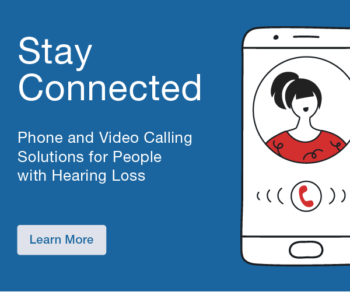 DATE: Wednesday, January 15, 2025 at 1PM ET
DATE: Wednesday, January 15, 2025 at 1PM ET
SPEAKER: Blake Butler, Blake Butler, Assistant Professor of Psychology, UWO, Investigator, National Centre for Audiology
Abstract:
Misophonia is a disorder of decreased tolerance to specific sounds or stimuli associated with such sounds. These stimuli, known as “triggers,” are experienced as unpleasant or distressing and tend to evoke strong negative emotional, physiological, and behavioral responses that are not seen in most other people. While estimates suggest 5% or more of the general population may experience misophonia, little is known about the specific patterns of deficits underlying these symptoms; as a result, misophonia is not currently included in diagnostic manuals like the DSM-V. Because misophonia lies at the interface of sound intolerance and psychopathology, individuals experiencing this disorder are likely to present to an audiologist at a first point of clinical contact should they seek treatment. Accordingly, it is critical that clinicians be prepared with enough background knowledge to engage in meaningful discussion and treatment planning.
In this webinar, I will attempt to provide an overview of the (brief) history of misophonia, including the recent development of a consensus definition and evolving evidence that misophonia represents a standalone disorder that cannot be explained by symptoms associated with other sound tolerance disorders (e.g., hyperacusis) or psychopathologies (e.g., generalized anxiety, obsessive-compulsive disorder). I’ll discuss the various ways in which the experience of misophonia can negatively impact an individual’s daily life, and the ways in which they may act to compensate for their symptoms. Finally, I will summarize empirical evidence by our group and others outlining potential deficits in mechanisms associated with distractor suppression that may underlie the disorder. The overall goal of the discussion is to provide insights into the development and experience of misophonia that will inform positive clinical interactions with individuals presenting with these symptoms.
Learning Objectives
- Misophonia is a standalone sound tolerance disorder
- ‘Trigger sounds’ evoke atypical physiological and psychological responses
- Misunderstanding and misdiagnosis have impacted the development of meaningful interventions
SPEAKER BIO: Blake Butler, Blake Butler, Assistant Professor of Psychology, UWO, Investigator, National Centre for Audiology
Dr. Blake Butler is an assistant professor in the Department of Psychology and the Centre for Brain and Mind, and an investigator at the National Centre for Audiology at the University of Western Ontario. Dr. Butler and his research team are interested in the role of experience & plasticity in the typical and atypical development of sensory systems, with a focus on hearing loss and restoration. Their program combines behavioural, neuroimaging, and histological approaches in humans and animal models to examine how the structure and function of sensory cortices are shaped by early development.



